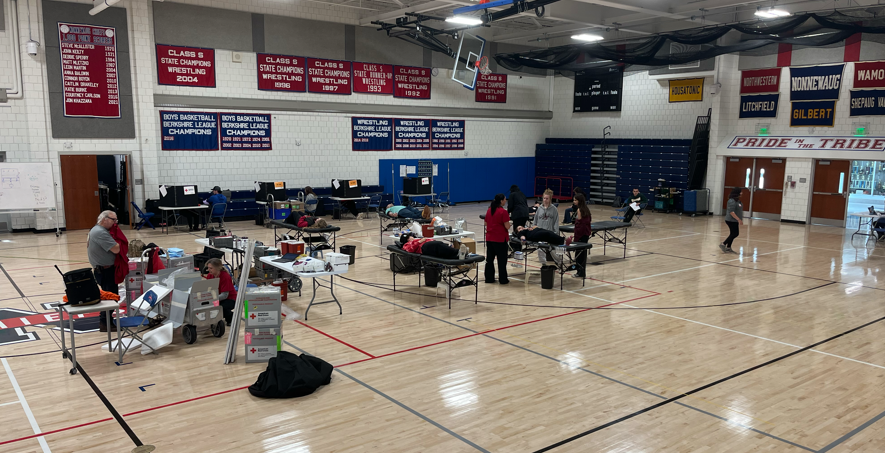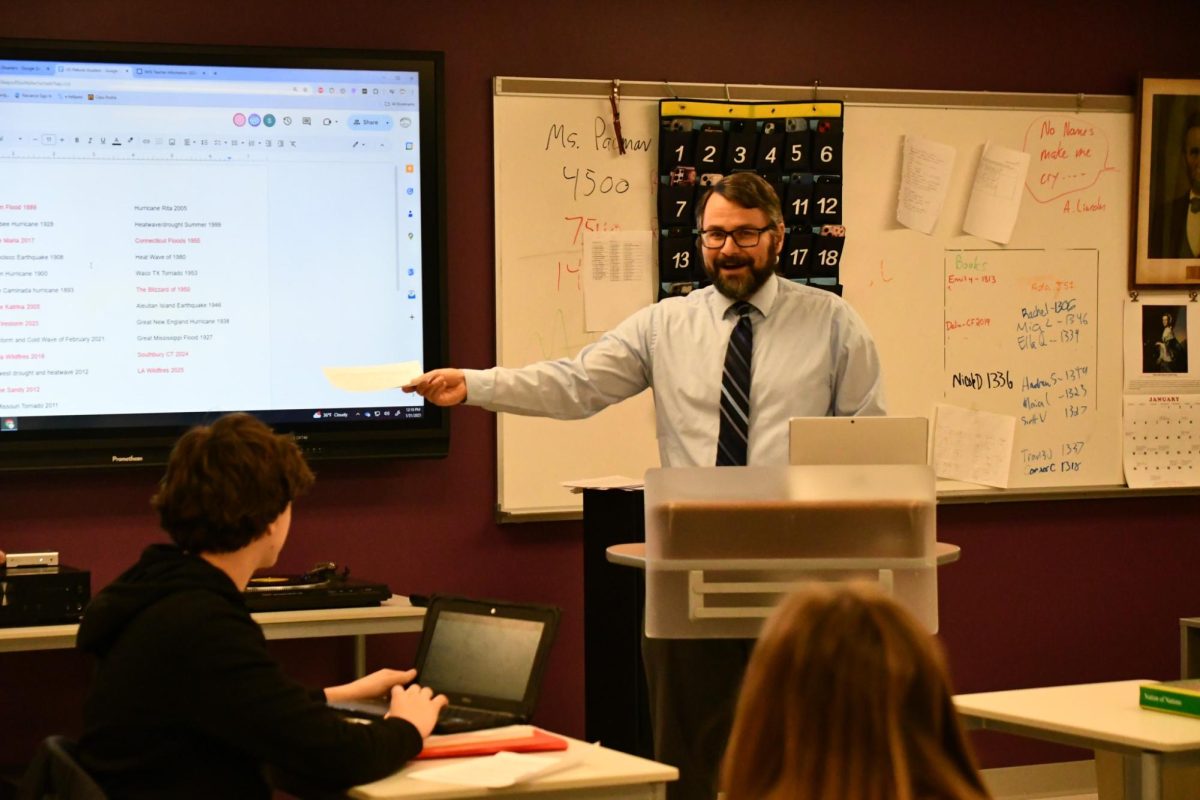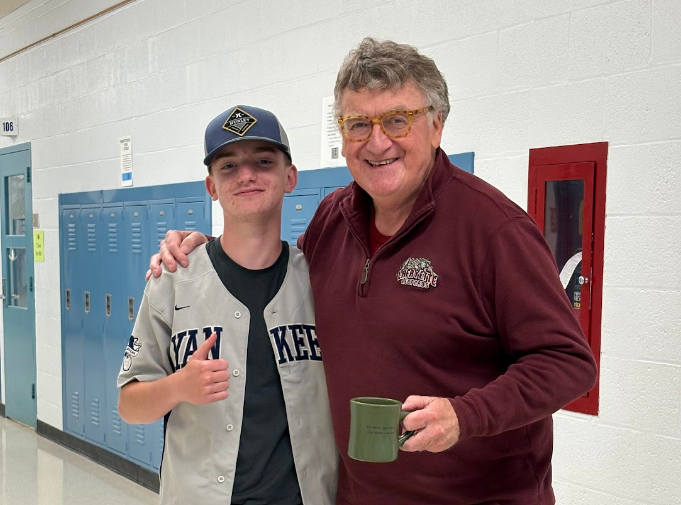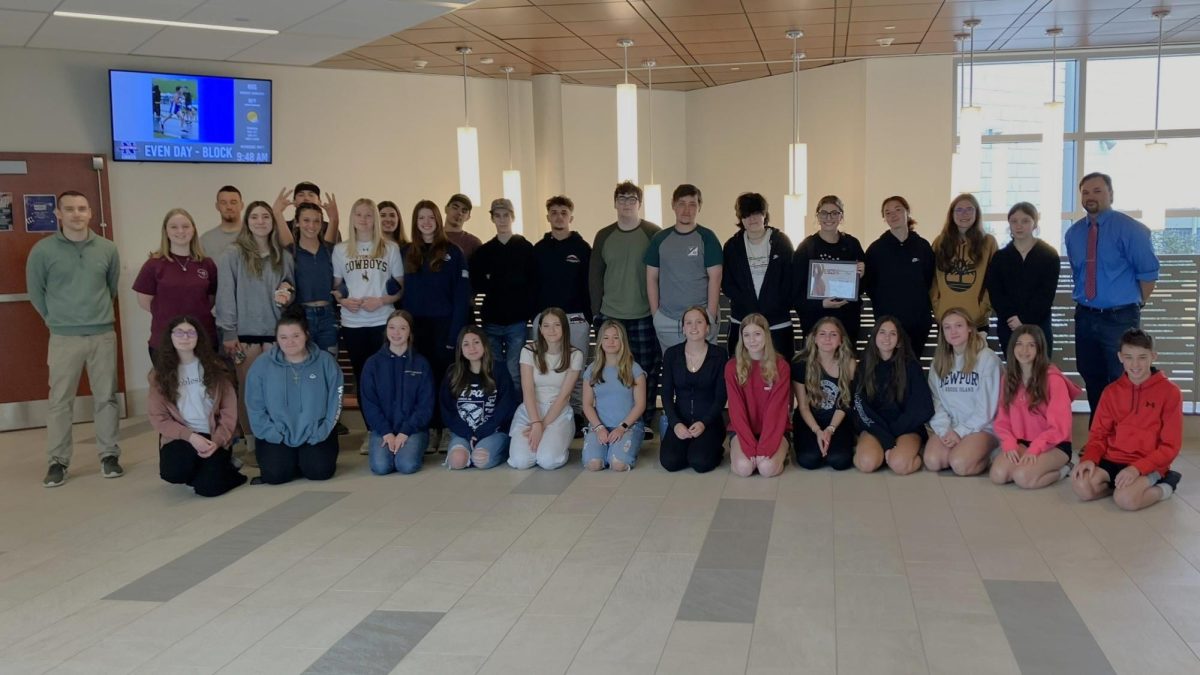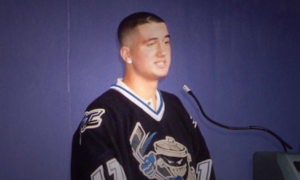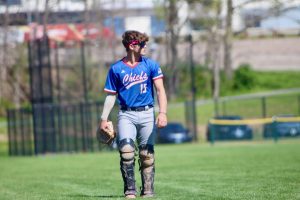NHS’ Second Blood Drive Saves Lives One Pint at a Time
Nonnewaug received 36 donations during last week’s blood drive.
November 22, 2022
WOODBURY — Nonnewaug’s National Honor Society held its second blood drive of the school year Nov. 17. Now with the end of COVID restrictions, blood drives are back in full swing as students and staff are donating their time and blood to give back to this lifesaving endeavor.
For the past 10 years, Melissa Hodges has been setting up and running the blood donations at Nonnewaug. Being the advisor of the National Honor Society, she communicates with the American Red Cross to schedule donations.
“We as a school donate three times a year: two times through the National Honor Society and once in February through the ag department,” said Hodges.
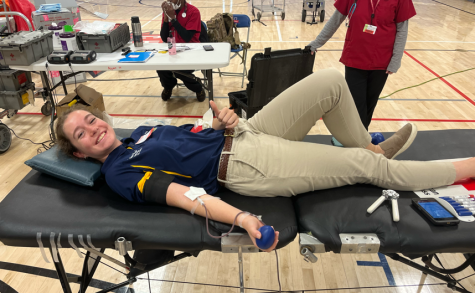
During each donation, the Red Cross collects one pint of blood, which has the ability to save the lives of three individuals in need.
The transition from donor to recipient is a complex process. Donors are rarely aware of the steps necessary to reach applicants in dire need of these donations.
After each donation donors are brought to a spot to sit down, relax, and enjoy some snacks and drinks while they recuperate. Blood is then put into a freezer and transferred to the Red Cross location.
At the Red Cross lab, they put blood into tubes which are placed into centrifuges. The centrifuge spins to separate the blood into three parts which can be used, red blood cells, platelets, and plasma. Next, the Red Cross does a variety of testing and will notify the donor personally if anything were to show up positive (such as blood-borne diseases). Finally, the components are stored until they are needed.
Red cells are stored in refrigerators at 42 degrees for up to 42 days; platelets are stored at room temperature in agitators for up to five days, and plasma is frozen in freezers for up to a year.
Kelly, a Red Cross representative present at last week’s drive, noted the significance of getting local donations such as what Nonnewaug provides multiple times each year.
“We get somewhere around like 4,700 donors a month in just Connecticut, and this drive will probably give us around 36 pints,” Kelly said. “Schools like Nonnewaug are extremely helpful because it helps give you guys a sense of community and you save lives which we hope makes you want to donate again. During COVID, since schools started closing, hospitals had to start rationing blood for the more dire cases due to the shortage in supply.”
Nonnewaug’s next on-campus blood drive is in February in the gymnasium. The event will be hosted by the agriscience department.



